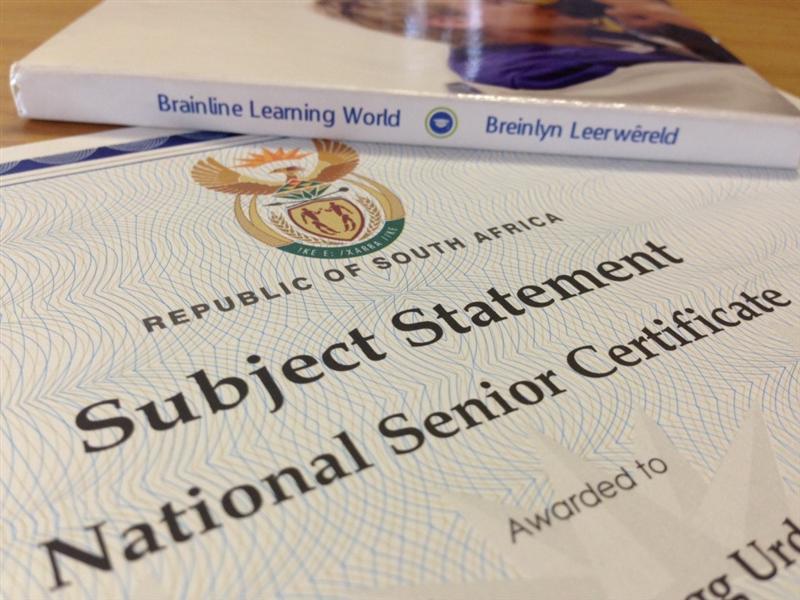The education system in South Africa is showing signs of quality despite a drop in the Matric pass rate, according a spokesperson for educational oversight body, Umalusi. This comes after Basic Education Minister Angie Motshegka, announced a 75.8% pass rate for the class of 2014; a drop from the previous year’s rate of 78.2%.
The consensus amongst educational experts has been that the drop is directly related to the introduction of the new Curriculum Assessment Policy Statements (CAPS) system, which replaced the National Curriculum Statement (NCS) this past year. And whilst the two systems were somewhat similar, spokesperson, Lucky Ditaunyane said that the new curriculum had brought about alterations to some subjects.
“There is still room for comparison between the two. However, having said that we must acknowledge that the CAPS has had an impact on the results of 2014,” he stated.
The impact of the CAPS has been such that in subjects such as maths, maths literacy and physical sciences, adjustments were made to the results of some pupils to boost their marks. Ditaunyane said this was a standardization process, whereby various factors were taken into consideration before any results were altered. This included the performance of students in a particular subject, spanning a five year period.
Also taken into consideration was the ‘qualitative input’, taking into account the difficulty of papers, the level of teaching received during the year, and any other factors out of the students control that would impact their performance.
“We take into consideration both the qualitative and the quantitative inputs, and the adjustments are then made on the input that we receive,” he explained.
Despite this, he said Umalusi’s observations had shown that the education system was in fact stabilizing, and that the results received proved there was some quality in the system.
“Indeed we are very encouraged that the new CAPS (system) has many strong features. Going forward we can be hopeful that it will improve the quality of our matric (performance),” he said.
Despite Umalusi’s declaration that the 2014 results were fair and credible, the exams haven’t past without some controversy. They are currently investigating allegations of cheating in almost all of the provinces, with a final report expected by the end of January.
Ditaunyane sought to assure the public that they working hard to complete the investigation in time, and that those found guilty would be taken to task.
“Towards the end of the process a formal report will be tabled to Umalusi by the Department of Basic Education. Decisions will be made based on that report, and the findings of that report,” he said.
He further revealed that the matter was not based on any leaking of exam papers, but rather cheating within the exam room itself, potentially involving invigilators as well.
Those students found guilty will likely have their results nullified. Invigilators implicated in the cheating are expected to face disciplinary action, and possible criminal charges. VOC (Mubeen Banderker)






 WhatsApp us
WhatsApp us 

